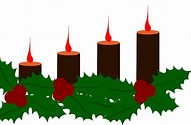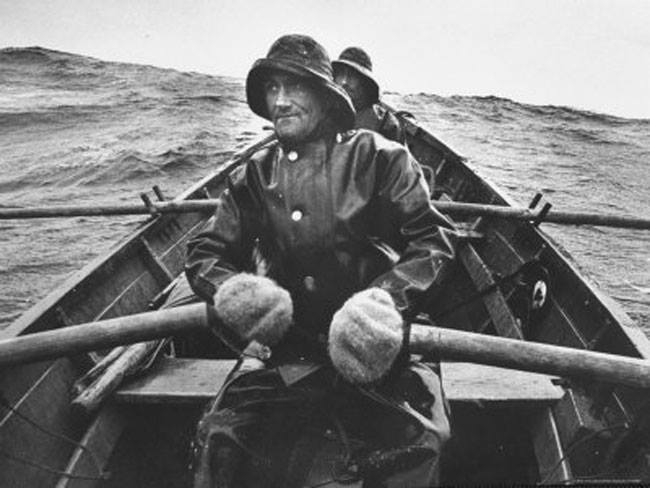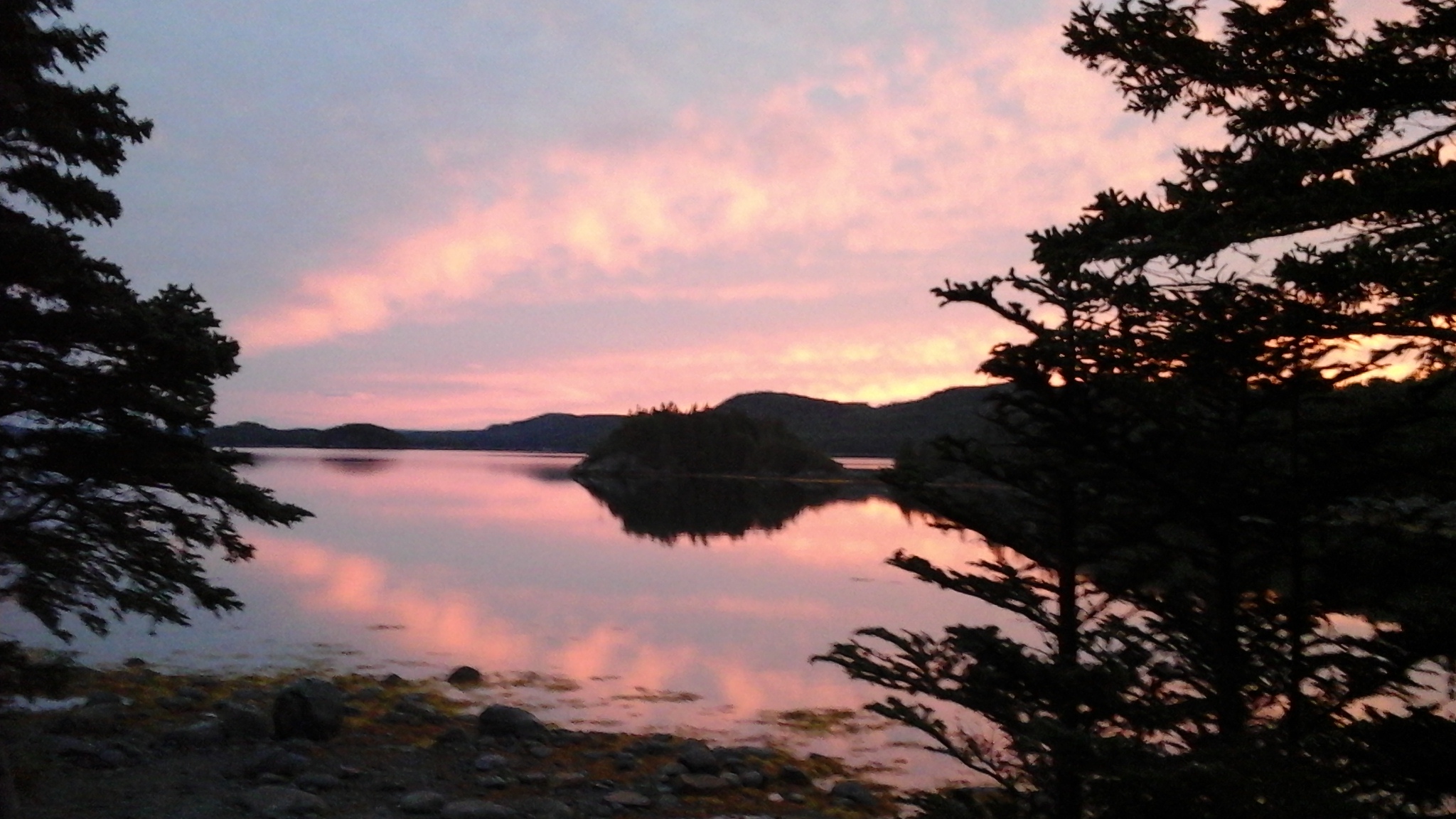 ADVENT
ADVENT
Romans 8: 18 -24 For we are saved by hope: but hope that is seen is not hope: For what a man seeth, why doth he yet hope for?
Scripture Emphasis: Psalm 65:5 You (God) are the hope of everyone on earth. Even those who sail on distant seas.
The words of David in Psalm 65, are addressed to the Almighty. They are not the utterances of some religious recluse. They come from the red-hot crucible of living. The Psalm reveals a soul that has been overwhelmed by sins and now, witnesses to the faithfulness of God, to answer his uttered prayers. On the foundation of those convictions, he makes this proclamation:
“God, You are the hope of everyone on earth,
Even those who sail upon distant seas.”
David here makes the not so veiled suggestion:” If He did it for me, He will do it for every child born of woman and man!”
Now there are but two conclusions one can reach concerning David’s proclamation. Either it is hyperbole, an exaggeration, a simple case of poetic license; Or this is a profound theological truth that becomes: the glory of the lighted mind.”
” O glory of the lighted mind,
how dead I’d been, how dumb, how blind!
The Station Brook to these new eyes is babbling out of
Paradise. The waters gushing from the rain are singing:
” Christ is risen again.”(1)
If it is hyperbole, that” God is the hope of everyone on the earth”, then life on this earth is best described by William Shakespeare’s Macbeth:
(Act II, Scene I). “Out, out, brief candle! Life’s but a walking shadow, a poor player that struts and frets his hour upon the stage and then is heard no more: it is a tale told by an idiot, full of sound and fury, signifying nothing.”. (2)
It’s either that or else; it is the most glorious truth that a human being can hold on to until life’s brief candle goes out, and God ushers him into the brilliance of a new day’s dawning.
“God, You are the hope of everyone on earth,
Even of those who sail on distant seas.”
But what is to be said of those, in our increasingly secular society, who think it the hallmark of intelligence to announce to the world their absence of belief in God and Jesus Christ? There have always been those who boast about living by a Stoic Philosophy like that William Henley expresses in ” Invictus.”
” Out of the night that covers me,
Black as the Pit from pole to pole,
I thank whatever gods may be
For my unconquerable soul.
In the fell clutch of circumstance
I have not winced nor cried aloud.
Under the bludgeonings of chance
My head is bloody but unbowed.
Beyond this place of wrath and tears
Looms but the Horror of the shade,
And yet the menace of the years
Finds, and shall find, me unafraid.
It matters not how strait the gate,
How charged with punishments the scroll.
I am the master of my fate:
I am the captain of my soul.”(3)
William Ernest Henley
Does that misguided assertion alter life’s equation which David elucidates, having Old Testament Wisdom alone?
” God, You are the hope of everyone on earth,
Even those who sail on distant seas.”
There is no mention made of any opportunity for any human’s assertion of either belief nor unbelief! David does not make the state of human understanding, the contingent factor for the activity of the Divine! God’s command: Let there be light” is not dependent upon whether or not a person believes it! The person may draw the shades to continue his desire to experience the darkness, but that does not change the universal truth of light ‘s existence.
“You, God, are the hope of everyone on earth,
Even those who sail on distant seas.”
David’s words convey the truth of universal inclusivity of everyone on earth, and ‘hope’ is the common binding force.
This thought may indeed have roots in the Theological doctrine of IMAGO DEI; the belief that from creation, God shares unique qualities of human nature which allow God to be made manifest.” The faculty of reason enables one to become most God-like when that person develops a capacity to partially grasp the nature of God’s ultimate reality.” (4)
The proclamation of David has its genesis in the Old Testament and relies upon Prophets and Priests for its transmission throughout the earth. As necessary and as revealing as that truth remains, it cannot compare to the enunciation made in the New Testament of the same fact. In the New Testament, “The Word Becomes Flesh and dwells among us.” It is through a vital and living relationship with Jesus Christ that God’s gift of ‘HOPE, ‘given at birth emerges from the deep places of one’s being to enter into our consciousness, and enables us to share in God’s hope for the world.
Twilight and evening bell,
And after that the dark!
And may there be no sadness of farewell,
When I embark;
For though from out our bourne of Time and Place
The flood may bear me far,
I hope to see my Pilot face to face
When I have crost the bar.(5)
PRAYER TO FOLLOW THIS MEDITATION
When we consider the quality of HOPE which You have secretly hid deep inside these bodies of ours, we bow in awesome wonder, O God.
We are mere vessels of clay, subject to frailness and death! What an invaluable treasure You choose to store in so frail a vessel. Hope is the very ethos of Your Heavenly Abode, and You hid its germ in us as a signature gift before we arrived here ! Father, we believe that the hope that springs eternal in the human breast, is Your way of using us as Your Co-workers, to work together to have Your Will done here on earth as it is in Heaven! Your Hope, Father, on that very first Christmas Day, was that the world would see in Jesus, Your Hope for the world’s future.
He came unto His own, but they did not receive Him then. A Cross looms alongside the manger, but Hope, Father Your Eternal Hope, and now ours are resurrected. And this very night millions of us will ask You to make this Christmas Night the occasion when there will thunder throughout this weary world a heartfelt: ” Welcome Blessed is He who Comes again in the Name Of our God.” WELCOME, Jesus, to this world! Take Your Power and reign! Amen.
HYMN : O Come, O Come, Emmanuel
EDITORIAL NOTES
The translation of Scripture used in this post is New Living Translation.
1. From ” The Everlasting Mercy’ by John Masefield e Oxford Book of English Mystical Verse > 337. From ‘The Everlasting Mercy’
2.The Tragedy of Macbeth
Shakespeare homepage | Macbeth | Act 5, Scene 5
3.William Ernest Henley, in ‘Invictus’ From Wikipedia, the free encyclopedia
4.Reference “IMAGO DEI” http://www.religionfacts.com/imago-dei
5.From ” Crossing The Bar” by Alfred, Lord Tennyson https://www.poetryfoundation.org/poems/45321/crossing-the-bar

